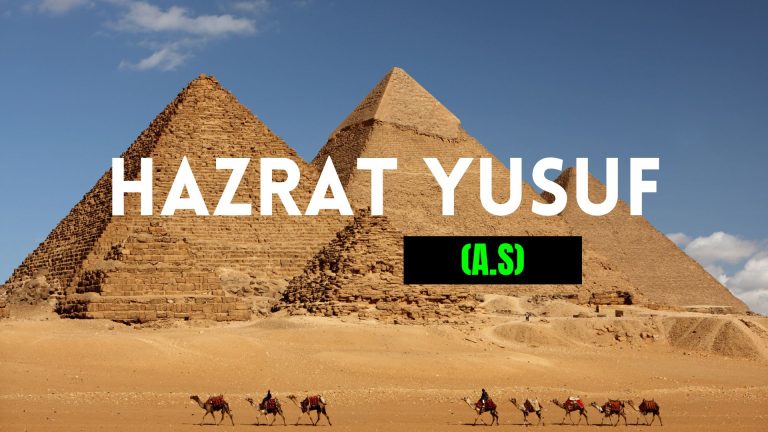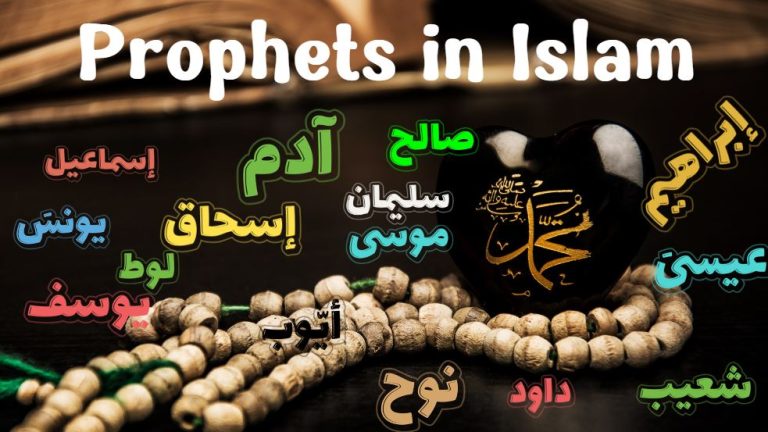Bibi Hawwa (Eve)
The First Woman and Mother of Mankind
The name “Hawwa” isn’t directly mentioned in the Quran, but it’s found in hadiths. Hadiths provide details like the meaning of her name, how she was created, and the number of her children. For example, while the Quran states that Hawwa was created from Adam, hadiths, like those in Bukhari, elaborate by explaining that she was created from one of Adam’s ribs.
Bibi Hawwa (A.S), also known as Eve, holds a significant place in Islamic belief as the first woman and the first Muslimah created by Allah (s.w.t). While her name is not mentioned in the Qur’an, it is found in hadith literature, interpreted to mean “the source of life” or “reddy color closer to the darker tone,” possibly alluding to her skin color.

Creation of Bibi Hawwa (A.S) from Adam
Was the Wife of Adam (A.S). Imam Muhammad al-Baqir and Ja‘far as-Sadiq said Adam was called “Adam” because he was formed from the earth’s surface, while Hawwa’ was named so because she was created from Adam. Another opinion suggests that “Adeemul Arz” refers to the fourth layer of the earth.
In another account, Abdullah bin Salaam asked the Prophet why Adam was named as such. The Prophet explained that Adam was created from the dust of the Earth, which varies in color, taste, and texture, leading to the diversity of people.
According to the Qur’an, Bibi Hawwa (A.S) was created from Adam. It is further elaborated in the hadith, where it is mentioned that she was created from the upper rib of Adam. A hadith narrated by Abu Huraira (r) and recorded in Bukhari emphasizes the importance of treating women kindly, likening them to a rib that, if straightened, would break, indicating the delicacy and need for gentle treatment of women.
Story of BIbi Hawwa (A.S) And Adamin the Qur’an
Adam and Hawa story in Islam is mentioned in several places in the Qur’an, including Surah Al-Baqara, Surah Al-A’araf, and Surah Ta-Ha. Allah created Adam from clay and taught him the names of things, symbolizing knowledge.
When Allah commanded the angels to prostrate to Adam, Iblis (Satan) refused, leading to his expulsion from Paradise. Iblis tempted Bibi Hawwa (A.S) and Adam to eat from the forbidden tree, which led to their expulsion from Paradise. However, Allah chose them for His grace and guided them.
In various cultures and religious beliefs, echoes of the story of Adam and Eve can be found, albeit often distorted. The Quranic narrative of Adam and Eve differs from the Old Testament in several key aspects:
Additionally, in a hadith, it is mentioned that Adam emerged victorious when Adam and Moses debated. Moses accused Adam of leading people astray and causing their expulsion from Heaven, to which Adam responded, reminding Moses of the knowledge and honor Allah had bestowed upon him and attributing his actions to what was written in his fate.
Upon descending to Earth, Adam and Eve were separated. According to traditions, Eve landed in Jeddah, while Adam landed in India (some say Sri Lanka). They reunited on the ninth of Zhuh Hijjah at ‘Arafat, marking the beginning of their life together on Earth until their eventual return to Allah.
Eve is said to have given birth twenty times, each time to twins except for her last birth, which resulted in a single son. In total, she had thirty-nine children, with a two-year gap between each birth.
FAQs
What does Hawwa’s name mean?
Her name is interpreted to mean,
“the source of life” or “reddy color closer to the darker tone.“
What is the significance of treating women kindly according to a hadith?
A hadith emphasizes treating women kindly, likening them to a rib that, if straightened, would break, indicating the delicacy and need for gentle treatment of women.
How does the Qur’anic narrative of Adam and Eve differ from the Old Testament?
In the Qur’an, both Adam and Eve were equally responsible for disobeying Allah, and they were forgiven before descending to Earth. Additionally, their residence on Earth was part of Allah’s plan for them.
Where did Adam and Eve descend to Earth according to Islamic belief?
Adam is believed to have landed somewhere in India or Sri Lanka, while Hawwa landed in Jeddah. They reunited at ‘Arafat, marking the beginning of their life on Earth together.
Conclusion
Bibi Hawwa (A.S) holds a significant place in Islamic belief as the first woman and the first Muslimah created by Allah. Though not named in the Qur’an, her story is detailed in hadith literature, emphasizing her creation from Adam’s rib and her role in the story of Adam and Eve’s expulsion from Paradise.
The Islamic narrative emphasizes the equal responsibility of Adam and Eve for their disobedience, in contrast to the Old Testament. Additionally, it underscores Allah’s forgiveness granted to them before their descent to Earth as part of His divine plan.


